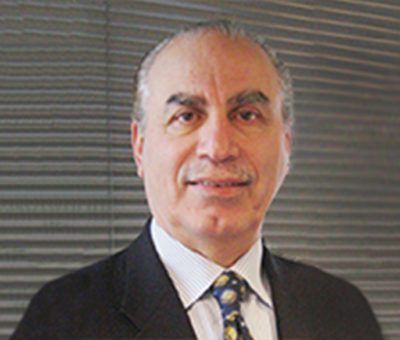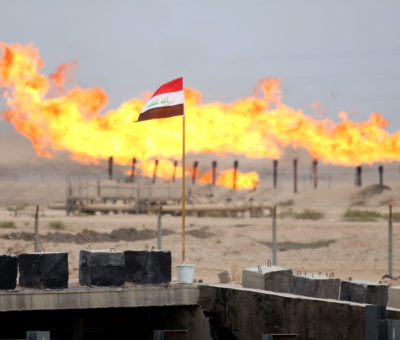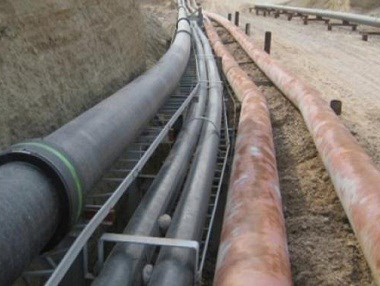Fifteen years ago, Iraq’s higher education infrastructure was in tatters. Two years into the US-led invasion, which began in 2003, 84 per cent of universities had been “burned, looted or destroyed”, according to a United Nations report. Many institutions still feel the impact of the conflict, enduring regular electrical outages and shortages of equipment, facilities and m
Read MoreIraq Petroleum 27–28 June 2019 | London, UK Iraq’s Leading Discussion About Its Strategic Energy Developments. Iraq Petroleum is established as the only strategic event bringing together the Iraqi industry leaders with key international players on a neutral platform to discuss the role of Iraq as a major oil and gas player. Proudly working with the Iraqi Government, the e
Read MoreAbstract This study provides empirical evidence on the economic consequences of terrorism on the labor market and labor force by looking at the case of Iraq. We develop a set of hypotheses from classical labor economic theory around the consumer maximization problem and propose a threshold for endangerment costs that, when reached, cause households to choose not working, and
Read MoreIraq may be on the cusp of a revenue windfall after losing billions of dollars annually due of its insufficient oil production facilities, according to investors. Development goals include capturing gas flares, or the gas burned off during oil production, to convert into usable energy and which Siemens estimates could save Iraq $5.2 billion over the next four years. Work
Read MoreIraq’s semi-autonomous Kurds upgraded their oil export pipeline to accommodate future production growth from their region as well as from the contested Kirkuk area controlled by the central government in Baghdad. The Kurdistan Regional Government completed improvements to the pipeline to the Mediterranean port of Ceyhan, Turkey, by installing another pumping station in
Read More





